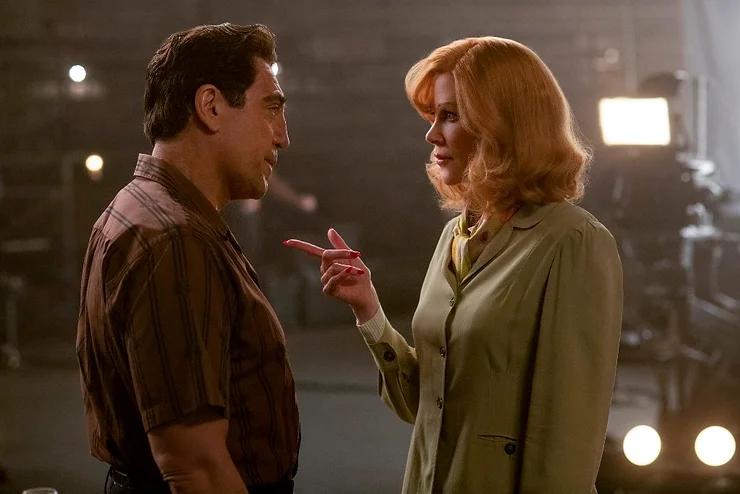Original title: Dreams
Director: Michel Franco
Screenplay: Michel Franco
Main cast: Jessica Chastain, Isaac Hernández, Rupert Friend, Marshall Bell, Eligio Meléndez, Mercedes Hernández, Jim Anderson and Bobby August Jr.
Running time: 95 minutes
An American millionaire and a (very talented) middle-class Mexican. Although it doesn’t exactly involve enemy families, this could be the context of a 21st-century Romeo and Juliet. But alas, our times do not allow for such a dichotomy, and what we end up with are characters separated by a huge difference in social class trying to reconcile love in a less tragic way.

At the beginning of the film, we are surprised by the scene in which Fernando (Isaac Hernández) is taken across the border between the countries in a truck, along with several other Mexicans. They are all coughing and seeming about to die, until the young man manages to escape his temporary prison. Then, with the help of another immigrant, he manages to begin his journey towards his love, Jennifer (Jessica Chastain), a millionaire woman with whom he had a relationship in Mexico. So, the question remains: would a relationship between people with such a wide socioeconomic class distinction be possible, especially considering the status of one of them as an illegal immigrant?
Despite the astonishing sexual chemistry, the answer to this question, when asked in a country that elected Donald Trump for the second time, is quite easy. Especially if when he gets out of the truck there’s already a Confederate flag flying in a restaurant, or when Fernando arrives in the life of the “liberal” woman, it’s difficult to say that the film’s questionings are a surprise. Even so, it is quite efficient in showing the hypocrisies of the system, which we see with the clear difference between the progressive discourse of Jennifer’s family and the reality faced when this discourse should be reinforced. It’s like a famous phrase that became a meme in Brazil: “I have nothing against it, I even have friends who are”, which tries to disguise prejudice with an invisible experience.
With little room for subtlety in its speech, ironically it’s the subtle moments that make the work more interesting. From the beginning, for example, there’s a joke in the art direction when showing elements such as Jennifer’s purse, which has an exorbitant price but it’s exactly the amount that some families need to change their lives. Just as, although it’s obvious that the USA is a country whose basic economy is based on immigrant labor, when faced with the reality that Fernando can communicate with waiters and employees that Jennifer cannot, she becomes enraged.
Warning: this paragraph contains spoilers for the film.
As it develops and approaches the end, we think that the film was created to tell this already obvious, but still necessary, story of systemic oppression between classes in the specific case of the United States. However, there’s a rape scene at the end of the film that invalidates its own message so much that the discomfort surpasses any intention the film could have before. It’s understandable that Fernando, finally angered by the situation, desires and carries out the same type of cruelty that was imposed on him – and as a Latina, I can even feel some pleasure in seeing his first acts of revenge. I also understand the issue that, as a man, Fernando will always be capable of a gender-based violence that Jennifer wouldn’t be able to do. However, by creating this situation, the stereotype of Mexican men as violent and capable of doing anything for their desires is reinforced in a very harmful way when considering the context of today’s world. Furthermore, there’s no evidence of this happening throughout the film, making the discomfort even more widespread.
So, even considering the entire construction of the film, its final result is politically very harmful, in addition to being narratively simplistic and avoidable. Even though it’s pointed out as provocative, in reality it only reminds us of the fragility of fiction. Even though it isn’t a tragic fairy tale, but rather a cynical one that is more up-to-date for today’s times, it’s still hard to swallow.




